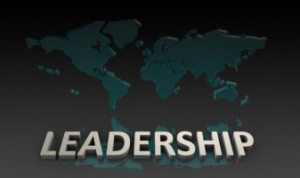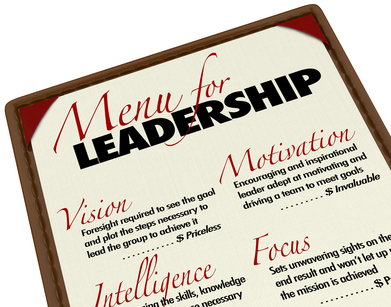I am a member of a team and I rely on the team. I defer to it and sacrifice for it, because the team, not the individual is the champion. ~ Mia Hamm
According to Patrick Lencioni, it’s not finance, strategy or technology that gives a company the ultimate advantage. It’s the people and their ability to subordinate their individuality for the greater goal of achieving team objective.
If done successfully, working as teams can be very rewarding both for the organisation and the individuals who make up the team. But teams are made up of people and the default nature of the human being is the individual. We live in a “I”, “me” and “my” world.
The more complex the work to be accomplished the greater the need for team effort. And that’s what make teams powerful. Together you can achieve more when everyone is moving in the same direction.
Examples of Team Accomplishments
- Building the Tower of Babel
- Building the Space Shuttle
- Building the worlds biggest passenger airplane
- Building the worlds tallest bridge
- Building the computer or mobile device on which you are reading this article.
People are your greatest asset and your greatest liability.
Its not all the time that you have the ability or luxury of picking who is on your team. For example, when you have been chosen to be part of a team at work or in other settings. However, should you have the opportunity to pick your team, take some time to think about it because your success can depend on who is on the team with you or who is not.
To grow your business beyond yourself, other people need to be a part of what you are doing. Here are a few things to consider before setting out to find the right people for your team.
5 Things to Consider
1. How big is your dream?
John F Kennedy set the target of being the first nation to safely take a man to the moon and back. Bill Gates dreamt of a computer on every desk and in every home. You need to dream big and you need to be able to start small. If you can do it alone, there is no point in getting others on board.
2. Can you articulate your dream?
It doesn’t matter how big your dream is, if you can’t put it in words and paint a picture for some to see, you will find it difficult to attract the right people. You may attract some people who are desperate for work. If you had only one and a half minutes to talk about your idea to a potential investor, what would you say? Spend some time clarifying your ideas and craft your words.
3. Is there an opportunity for people to grow and develop?
Is there going to be any transformation in their lives as a result of being part of your team? Invest in the training and development of your team members. Ensure that your team members have the opportunity to acquire the new skills that will take your business to the next level. Give them the space and watch as they take your business to the next level.
4. What is the reward for joining your team?
This is such an important question because everyone will ultimately want an answer to the question “what’s in it for me?”. Remember Maslow’s hierarchy of needs. Beyond money, people want a sense of belonging, achievement and purpose. What have you got to offer? While team members may subordinate their individual ambition for team success, great teams are made of people who can achieve some or all of their personal goals while working on team goals.
5. Are you a team player yourself?
Do you know it all? Do your find it difficult to let go after you have assigned work? Are you pleasant to be around?
One is too small a number to achieve greatness ~ John C Maxwell
To be a team player, you must be
- Trustworthy
- Comminicative
- Commited
- Accountable
- Enthusastic
- Result focused
TEAM – Together Each-one Achieves More.
Why not leave a comment by telling me your thoughts about Team












